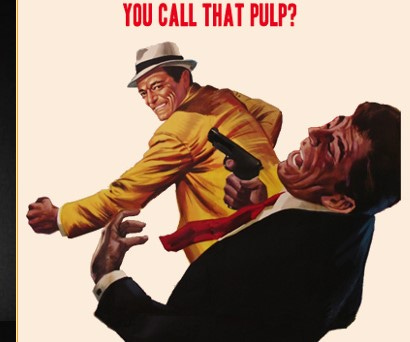The room was dark, the smoke from my cigarette curling up to the ceiling. I leaned back in my chair, studying the man across from me. He was a fancy looking fella, with a suit that probably cost more than my car. He called himself a sociologist, but I knew a snake oil salesman when I saw one. "So," I said, blowing out a cloud of smoke, "you're tellin' me that people have different kinds of capital? Like money and power?"
He nodded, a smirk on his face like he was the smartest guy in the room. "Exactly. But I'm talking about cultural capital. It's the knowledge, education, and taste that people have that can give them an advantage in society."
I snorted. "Sounds like a load of hooey to me. I ain't got no fancy education, but I get by just fine."
The sociologist leaned forward, his eyes gleaming. "But you see, that's the thing. Cultural capital can be hidden, like a ace up your sleeve. It can give people access to opportunities and social networks that they wouldn't have otherwise."
I took a drag on my cigarette, thinking about what he was saying. Maybe he had a point, but I wasn't about to admit it to him.
"Well, thanks for the lesson, professor. But I think I'll stick to the capital I can count in my pocket." He shrugged, getting to his feet. "Suit yourself. But remember, in this game of life, cultural capital can be just as valuable as money."
I watched him walk out of the room, still not convinced. But as I sat there in the smoke filled room, I couldn't help but wonder if maybe, just maybe, he had a point.
(Editor’s note. Dr. Stahl asked Mr. GPT to describe Bourdieu’s theory of cultural capital in the style of Raymond Chandler. This was the result.)
If you have an original story to submit to the project, using one of the titles on the opening page as your prompt, please do so. We’re back in business!)




Har-de-har!